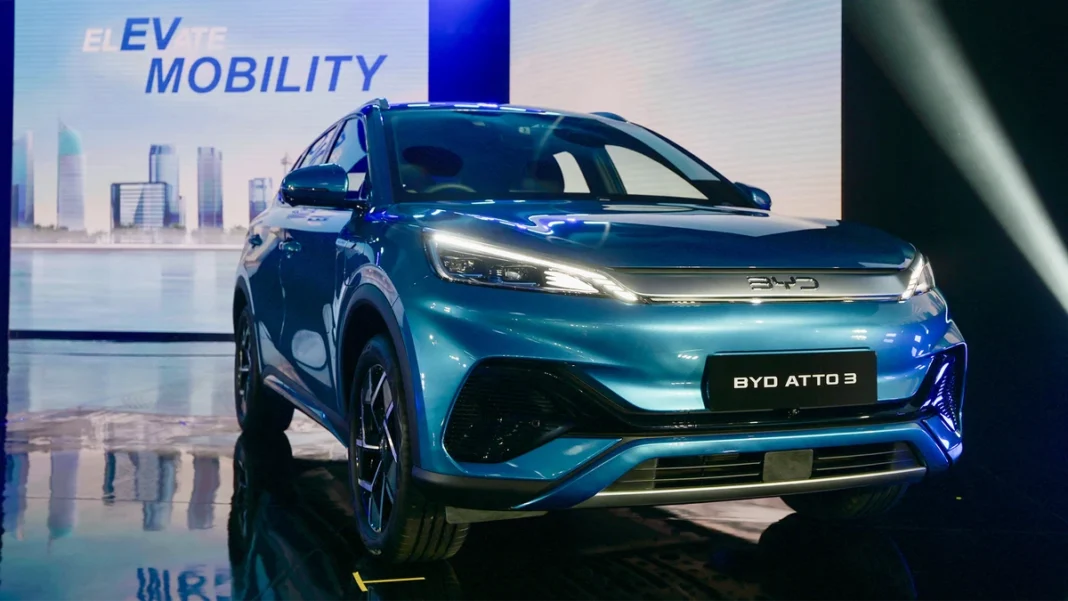The prospect of electric vehicles from China entering the North American market has sparked considerable concern. Issues such as dumping, extremely low prices, and the potential erosion of local vehicle production are frequently cited as reasons to prevent Chinese EVs from reaching showrooms here. In response, the United States has imposed significant tariffs, and Canada is considering similar measures.
Amidst this backdrop, Chinese EV giant BYD appears to be moving closer to selling its vehicles in Canada. Automotive News Canada reports that public documents filed with Ottawa indicate lobbyists are working on behalf of BYD to address “the expected market entry of BYD into Canada for the sale of passenger electric vehicles,” as well as the creation of a new business and the application of any EV tariffs.
While these documents don’t specify a timeline for BYD’s market entry, industry insiders say BYD has been discreetly meeting with key dealership figures to explore the logistics of establishing a local presence. Some believe Canada could serve as a stepping stone for BYD’s eventual entry into the U.S. market.
It’s important to note that BYD is far from an unproven entity. The company surpassed Tesla as the world’s top-selling EV brand at the end of 2023 and has made significant inroads into the Mexican market, even debuting its Shark small pickup truck there.
This scenario is reminiscent of past events. In the ‘70s and ‘80s, Detroit saw a significant loss of market share to Japanese automakers, and the ‘90s and 2000s brought Korean manufacturers into the mix. While there was substantial concern at the time, many of these companies now have robust manufacturing and employment bases in North America, which could parallel BYD’s potential trajectory.
Further evidence of BYD’s intentions emerged today with the announcement of a partnership with Uber to introduce up to 100,000 new electric vehicles to the ride-hailing platform. This initiative, starting in Europe and Latin America, is part of a global effort that includes future markets like the Middle East, Australia, New Zealand, and Canada. The collaboration aims to offer Uber drivers discounts on vehicle maintenance, charging, and financing.





